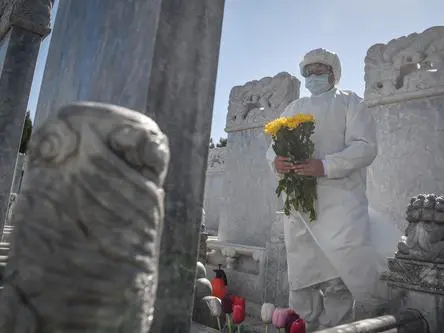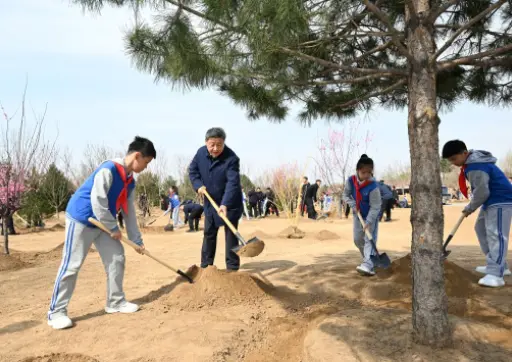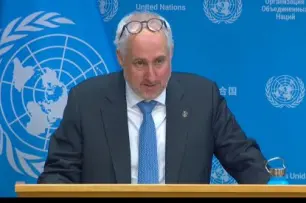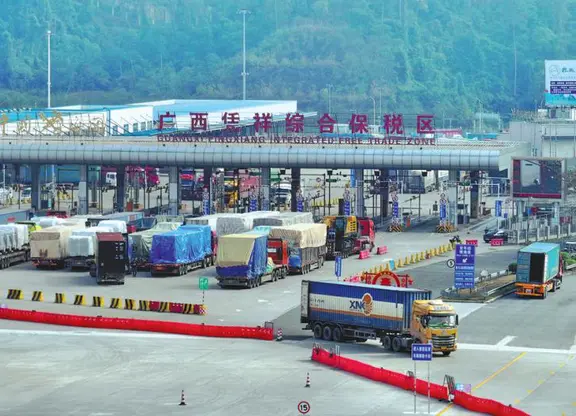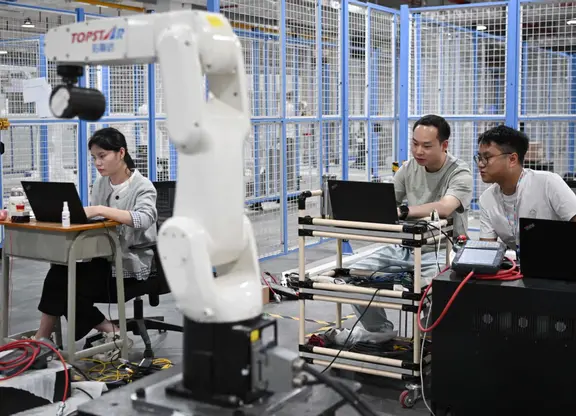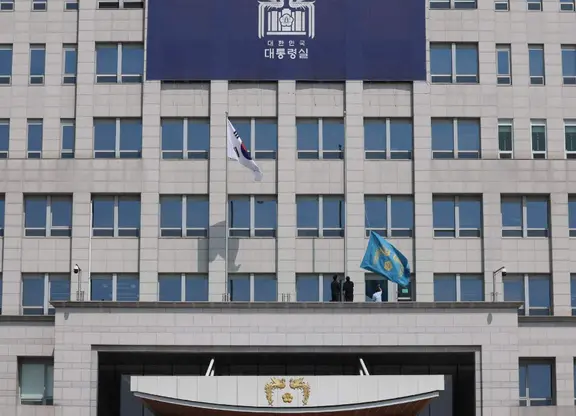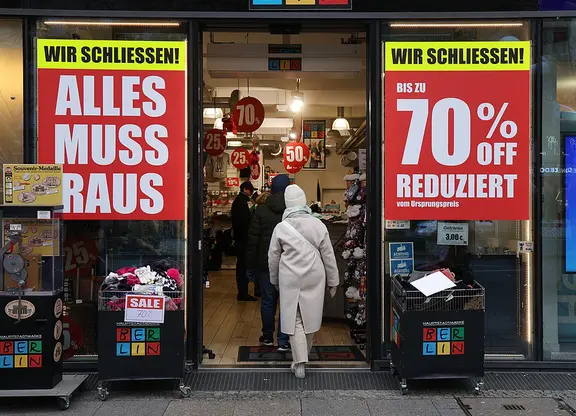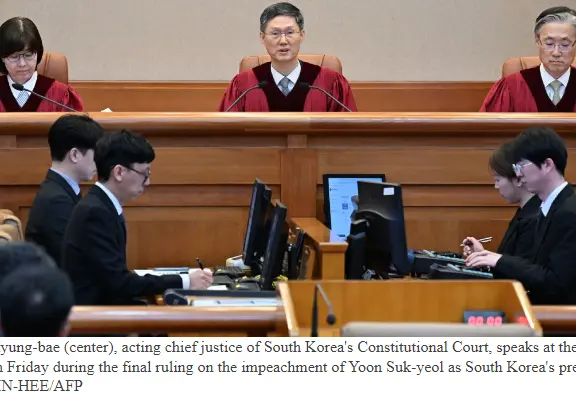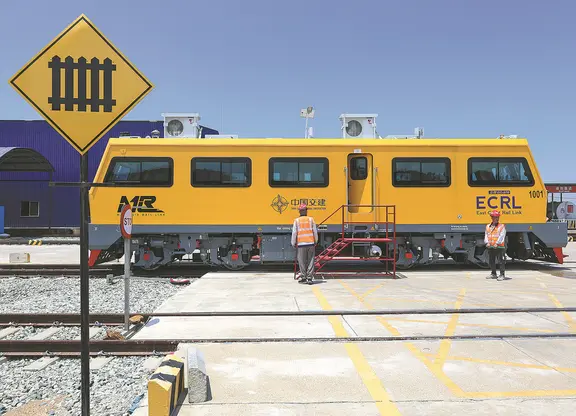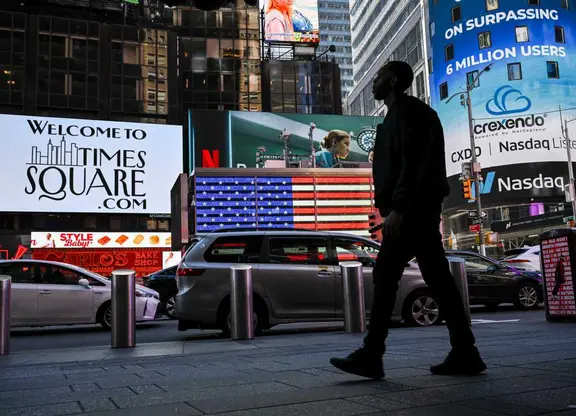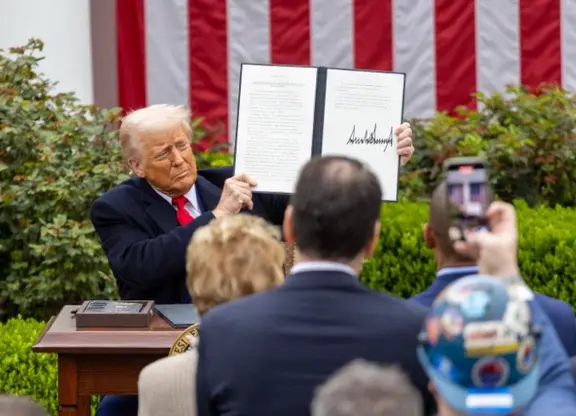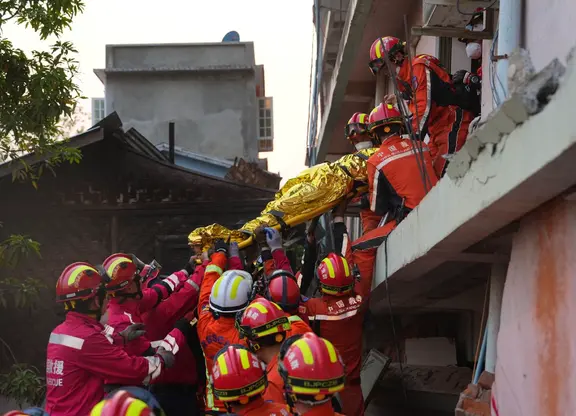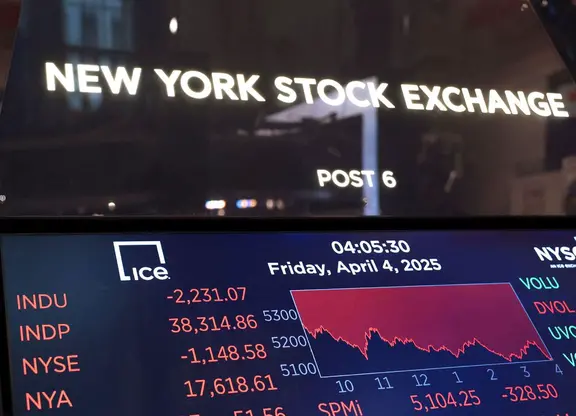At around 7 a.m., 40-year-old Liu Kun puts on a mask, a protective suit and gloves, picks up a bucket full of water and trudges around Babaoshan People's Cemetery in western Beijing.
Liu and his colleagues search for a name amid rows of gravestones, gently wipe it with a piece of wet cloth, place down some chrysanthemums, and bow three times out of respect.
As Tomb-sweeping Day, also known as Qingming Festival, approaches, Liu, a cemetery worker, has taken on a new task -- cleaning tombs and offering flowers to the deceased as requested by their relatives who cannot visit the graveyards amid the novel coronavirus outbreak. The service is free of charge.
Qingming is one of the most important traditional festivals for Chinese, when people go to cemeteries to make offerings to their ancestors and ensure the graves are properly tended to. It will fall on Saturday this year.
Around 9.78 million Chinese visited cemeteries to honor their deceased relatives during the three-day holiday for Tomb-sweeping Day last year, according to the Ministry of Civil Affairs.
To prevent large crowds and reduce cross-infection, many Chinese provinces and cities have suspended mass tomb-sweeping activities, launched reservation services to control visitor numbers in cemeteries, or called on the public to sweep their ancestors' tombs remotely.
Beijing launched a reservation system for visiting tombs from March 19. For those who are unable to visit tombs, they can ask the cemetery to offer sacrifices on their behalf through the system.
It is not an easy job to search for a grave in Babaoshan People's Cemetery, the largest of its kind in Beijing and home to around 68,600 gravestones. Even worse, some customers may input an incorrect grave location when they register their information online, and some deceased buried there share the same names.
"The cemetery is so big that we have to spend a lot of time finding the right gravestone. Now we are divided into different groups, and our efficiency has improved. Each group can pay respects to 30 to 40 deceased each day," Liu said.
"The tomb-sweeping activities usually run between late March and early April. The average daily visits to our cemetery reached around 15,000 during the period in previous years. The figure decreased significantly this year due to the outbreak," said Meng Xiankai, deputy director of Babaoshan People's Cemetery.
The cemetery adopted an appointment system for different tomb-sweeping timeslots. Citizens are required to register with their personal information and have their temperature checked upon arrival. Touchless faucets and hand sanitizer dispensers are installed in public toilets and other places.
By Tuesday, the cemetery had received more than 10,000 tomb-sweeping visits and its staff had offered around 700 tomb-sweeping services on behalf of their clients.
Li Qin, a Beijing resident who visited the cemetery, said the tradition of paying tribute to deceased relatives and friends is deeply rooted in Chinese culture. "The cemetery staff truly help many Chinese who cannot visit in person to fulfill their wishes in this special period," she said.
When Liu and his colleagues were busy locating the graves, a commemorative activity was being staged online by the Babaoshan funeral parlor for those who were unable to visit the site but still wanted to uphold tradition. A live broadcast of the proceedings was also held.
"With technological advances, 'internet plus funeral service' may become a future trend," said Zhou Weihua, deputy director of the funeral parlor.
"Helping clients sweep tombs and holding online commemorative activities not only meets the demand in this special period but also offers more options for people to remember their deceased family members in the future," Zhou said.
 简体中文
简体中文

